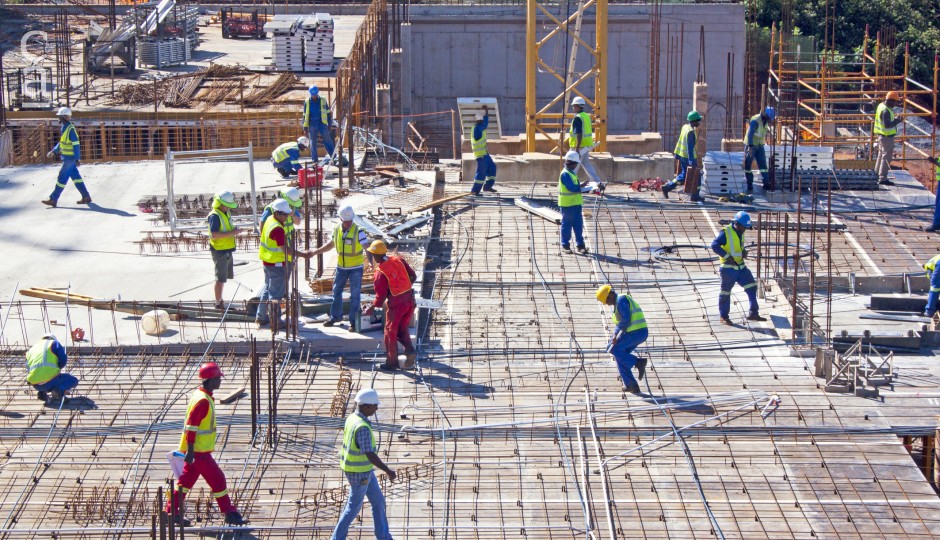Creating A Better Built Environment For Sub-Saharan Africa
Professionalism can help to address core challenges in the construction industry.

It is no secret the infrastructure across many areas of Sub-Saharan Africa is in serious need of investment. From improving road networks to upgrading airports and railways, there is a substantial need for development to help the region thrive.
The challenges the construction sector faces are equally as great, especially when you consider access to finance and political instability alongside logistical problems in getting projects off the ground due to poor transport networks. We also need to contend with a significant shortage of skilled labour across the region.
With all that in mind, the need for improvement raises two fundamental questions. Firstly, who is going to fund such substantial projects, and even if the funding is secured, who is going to build them?
For those who do not yet know about the CIOB, we are the world’s leading professional body representing the construction industry with more than 47,000 members worldwide. Our purpose is to promote the science, ethics, and practice of built environments across the world. In short, everything we do is to improve the quality of life for those using and creating the built environment.
Creating a more inviting industry
One thing I always stress is the importance of professionalism – as I firmly believe a professional industry is a more inviting one. That’s why – together with my colleagues here at CIOB – we have been working closely with universities and technical colleges to educate people at the start of their journey in construction about the importance of professionalism.
The thought process is simple, by educating individuals and encouraging them to share CIOB’s values, we can create a more attractive construction industry across Sub-Saharan Africa, encouraging investment into the region and deterring some of our most skilled workers from leaving the continent in search of new opportunities in the Western world.
One of the trends I have noticed in my time with CIOB is the significant number of people who leave Sub-Saharan Africa due to a lack of opportunities within the industry. Simply put, employers are looking for people with a certain amount of experience and are sometimes unwilling to take the risk on a person starting out. This leaves graduates feeling disheartened and can encourage them to pursue careers elsewhere, either within a different industry or away from the region entirely.
By working with universities, technical colleges and construction companies across the region, I am hoping to encourage more opportunities for our pipeline of young talent – be it through apprenticeships or mentorships – to give them the chance to get the hands-on experience they need to kick-start their careers and give Sub-Saharan Africa the best chance of retaining those individuals.
CIOB offers excellent mentorships through its Tomorrow’s Leaders Champions – you can find out more here.
I am delighted to say we have seen a significant uptake in interest from governments across the region to engage with membership bodies like CIOB and they are already looking at how they can collaborate more closely with us. Hopefully, this will lead to the introduction of policies around professional membership and allow graduates to learn about everything around the built environment, particularly around health and safety practices.
Turning to the issue of funding – or the lack of funding available. For every dollar invested in construction across the region, I believe the rewards later down the line to be tenfold.
Alarming statistics show more than 50 per cent of people within Sub-Saharan Africa live without access to electricity, more than 61 per cent of individuals lack access to safely managed drinking water and the housing deficit in Nigeria alone is estimated to be more than 20 million units.
Clearly, there is a need for both public and private sector investment, and projects of this scale will require astronomical levels of funding. CIOB plays an important role in encouraging governments to prioritise funding for some of these vital resources.
But to obtain such funding requires attracting international investment, which brings me back to my point about the importance of developing a construction industry that oozes professionalism. The more attractive we can make the industry in Sub-Saharan Africa, the more likely we will be able to secure vital funds to get these projects underway.
Photo: Construction site in South Africa (© Lcswart | Dreamstime)

